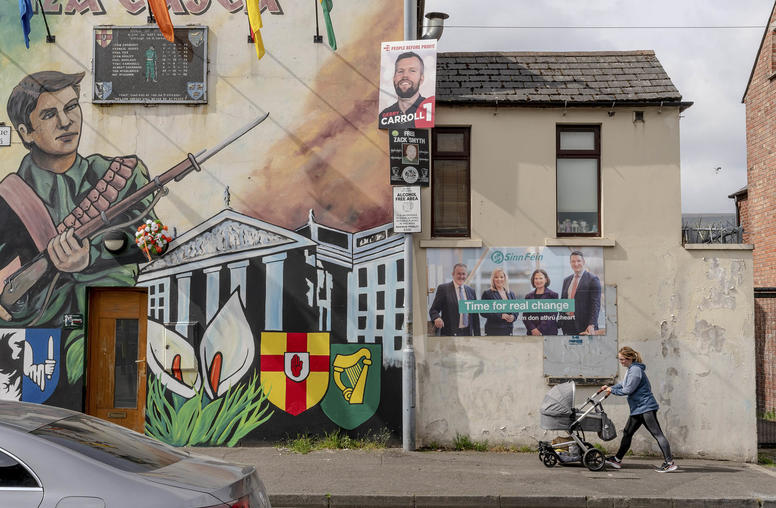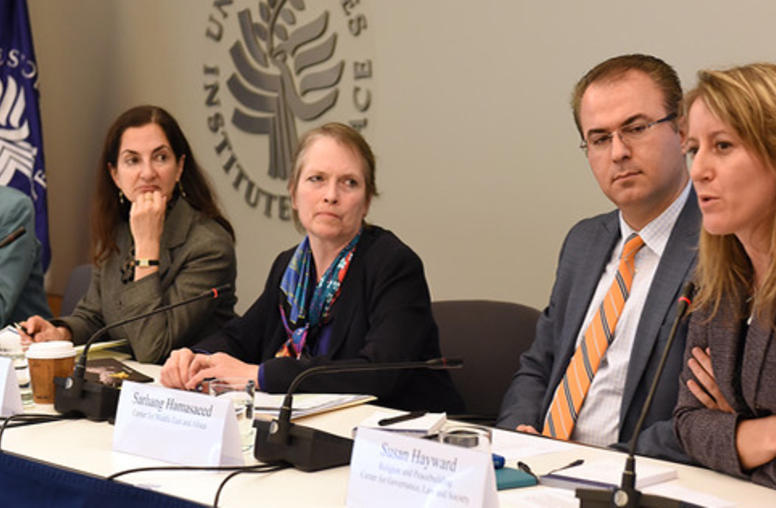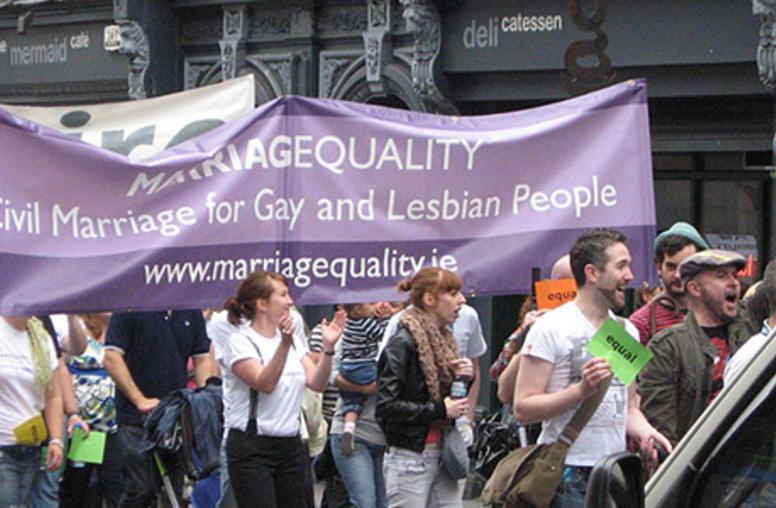One of the keys to the Northern Ireland peace process was patience — and with it, a long-term commitment from religious actors to pursue nonviolent avenues of ending the conflict. Reverend Gary Mason, a senior research fellow at Maynooth University, discusses how longstanding relationships between religious actors and their communities can open doors for dialogue that might be unavailable to other peacebuilders and how his experience in Northern Ireland can inform his new work to promote peace in the Middle East.



